This morning we have received several reports of a phishing email purporting to be from our Chancellor Jack McConnell. Thanks to those who reported the issue, we were able to act quickly and block the offending email, removing it from a further 413 mailboxes. See below how this was identified as a phishing email. Beware […]
Category: StirCyberSec
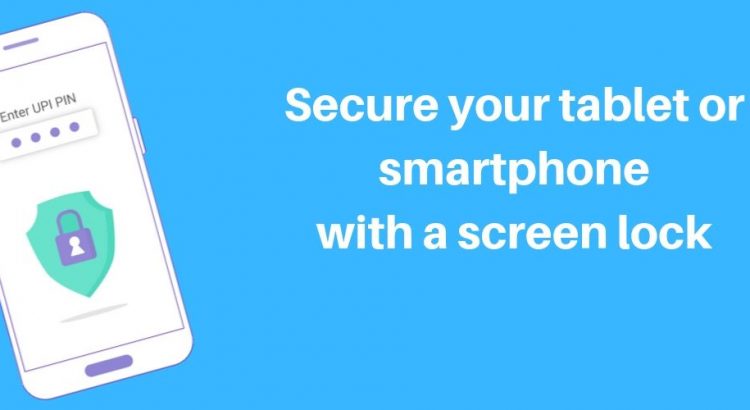
Secure your tablet or Smartphone with a screen lock.
Screen locks offer your devices an important extra layer of security. Each time you want to unlock your device or switch it on, you’ll be asked to enter a PIN, password, pattern, fingerprint or use facial recognition technology. This means that if someone gets hold of your device they can’t access your data without entering […]
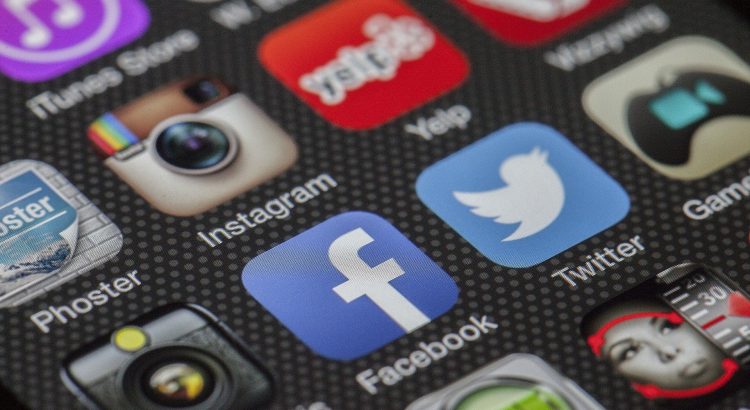
Install the latest software and app updates
Cybercriminals use weaknesses in software and apps to attack your devices and steal your identity. You should make sure that you update your computer, smartphone or tablet when prompted to do so. Software and app updates are designed to fix weaknesses and installing them as soon as possible will keep your devices secure. The few […]
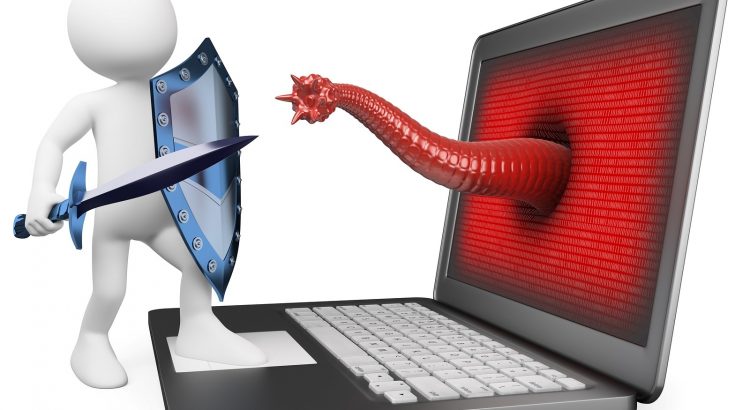
What is an antivirus product? Do I need one?
An antivirus product is a program designed to detect and remove viruses and other kinds of malicious software from your computer or laptops. Malicious software – known as malware – is code that can harm your computers and laptops, and the data on them. Your devices can become infected by inadvertently downloading malware that’s in […]
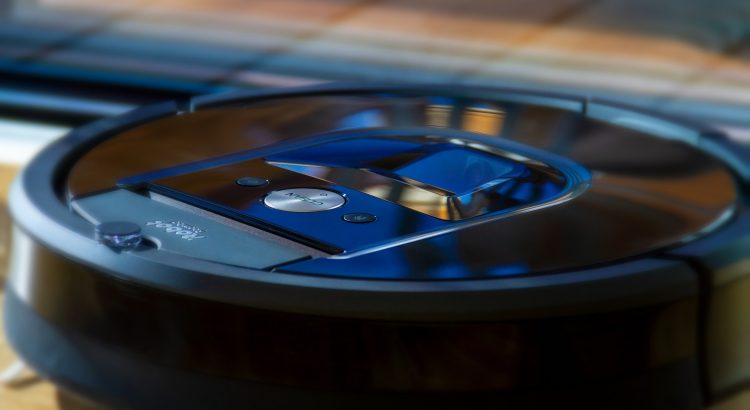
Emerging technology
The second topic for Cyber Security month is Emerging technologies. Technology is developing fast and it is very important to make sure that you keep yourself and your new tech gadgets up to date and devices secure. It is crucial to question the security and privacy settings for any new purchases. The 5 top-selling emerging […]
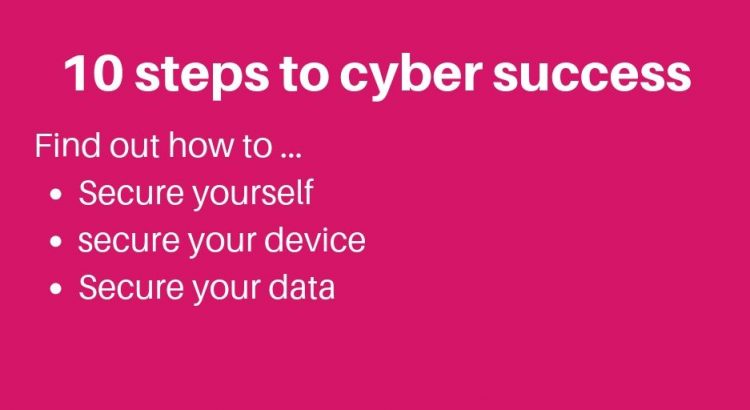
10 steps to Cyber success
Information Services have created a 10 step guide to be a cyber success. This is part of our bigger Stirling Cybersecurity Be aware it could happen to you. You have info that scammers want, whether it’s your bank or University password Set a strong password. One that only you know and that you use only for […]
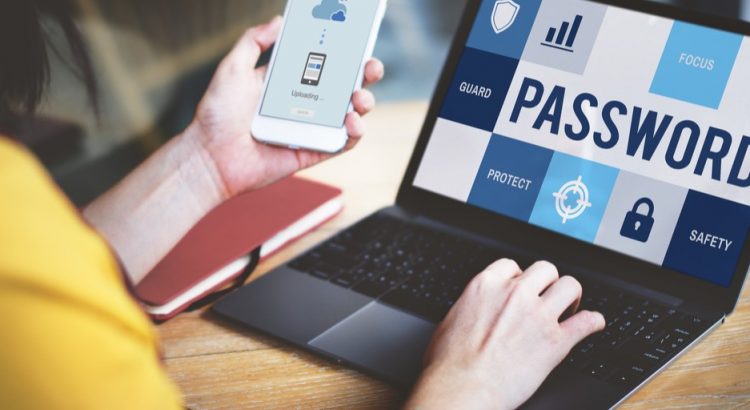
Cyber Hygiene checklist
There are some simple things you can do to up your cyber hygiene. Password changes – The University has recently changed the complexity requirements for your University password. There is now a minimum requirement of 12 Characters. Each password will have to have at least one of the following:1. Upper case letter2. Lower case letter3. […]
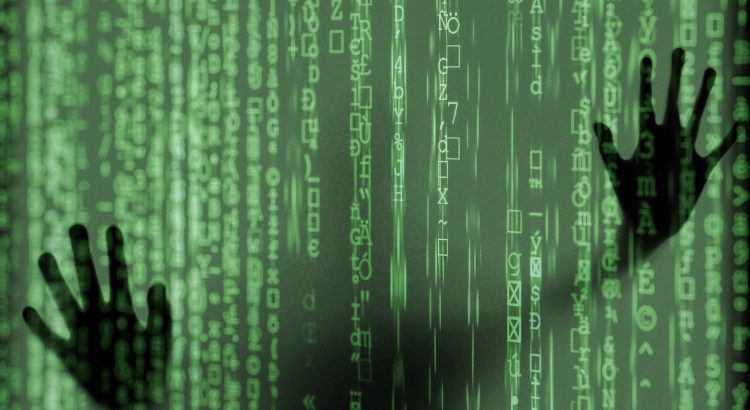
Common cyber hygiene problems
Today for European Cybersecurity month we are covering cyber hygiene. Below are some common problems that you can avoid if you maintain good cyber hygiene. Loss of data: hard drives and online cloud storage that isn’t backed up or maintained is vulnerable to hacking, corruption and other problems that could result in the loss of […]
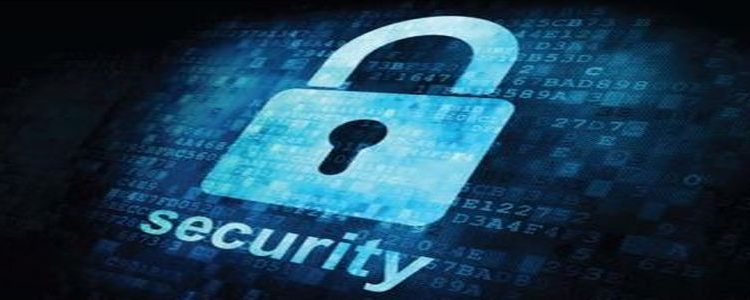
RGB (red, blue, green) – button phishing scams
As part of European Cyber Security Month, we thought that we would cover a common phishing email. Periodically you may receive an email to your University mailbox from a scammer. The subject line of the email can be ANYTHING or no subject at all – many of them are clever enough to appear like replies […]

#StirCyberSec
At Stirling, we take cybersecurity seriously. Over the last year we have run 3 targeted campaigns: Safer internet day – with blog posts and social media running over 2 weeks. We collaborated with Police Scotland for some Live webcasts where a police officer answered internet security questions that may relate to the student population and […]